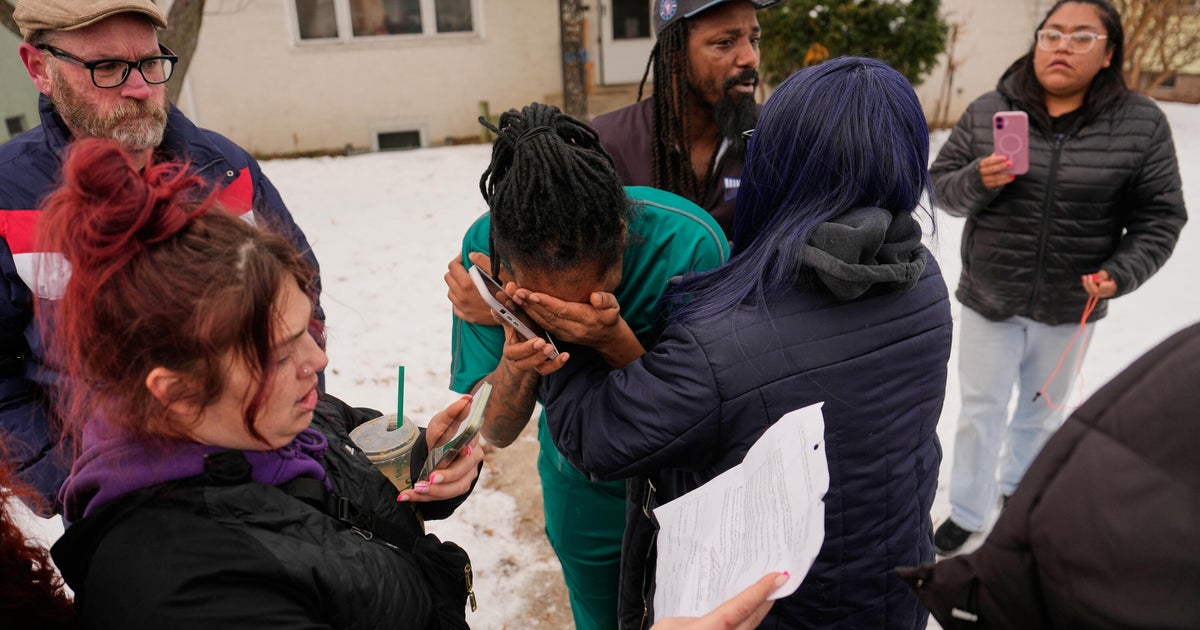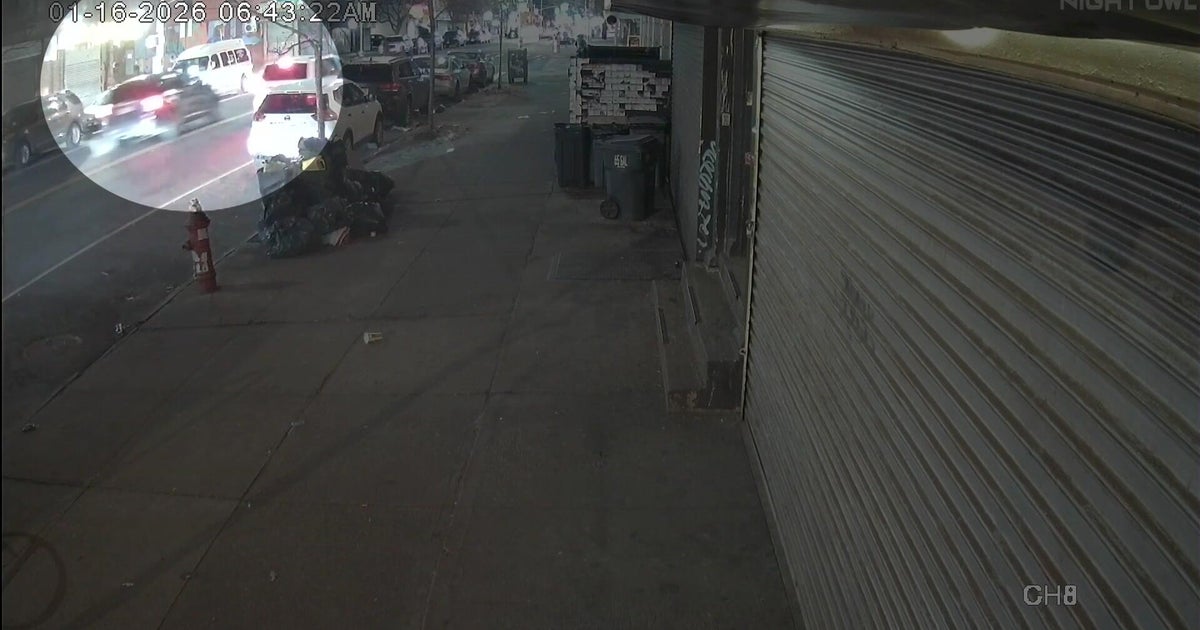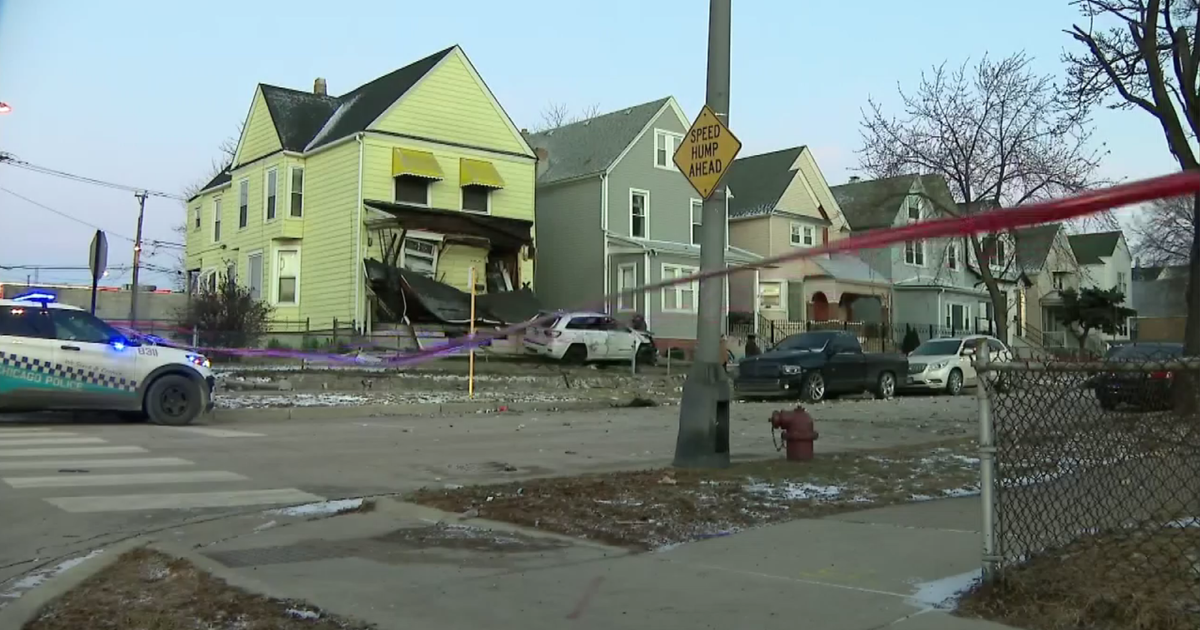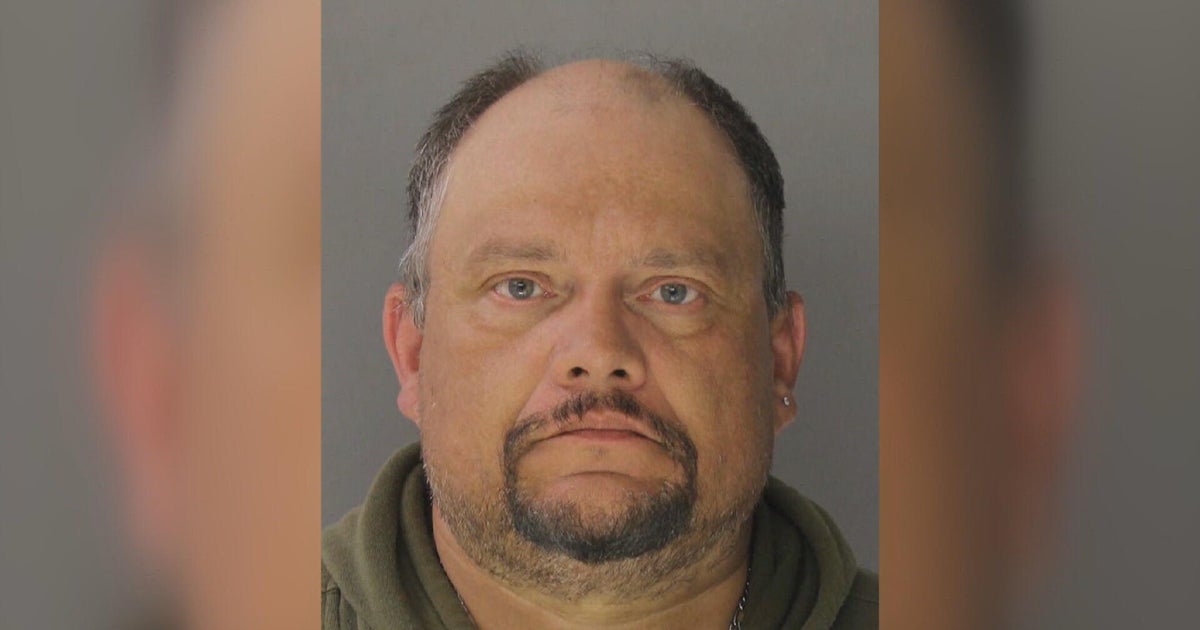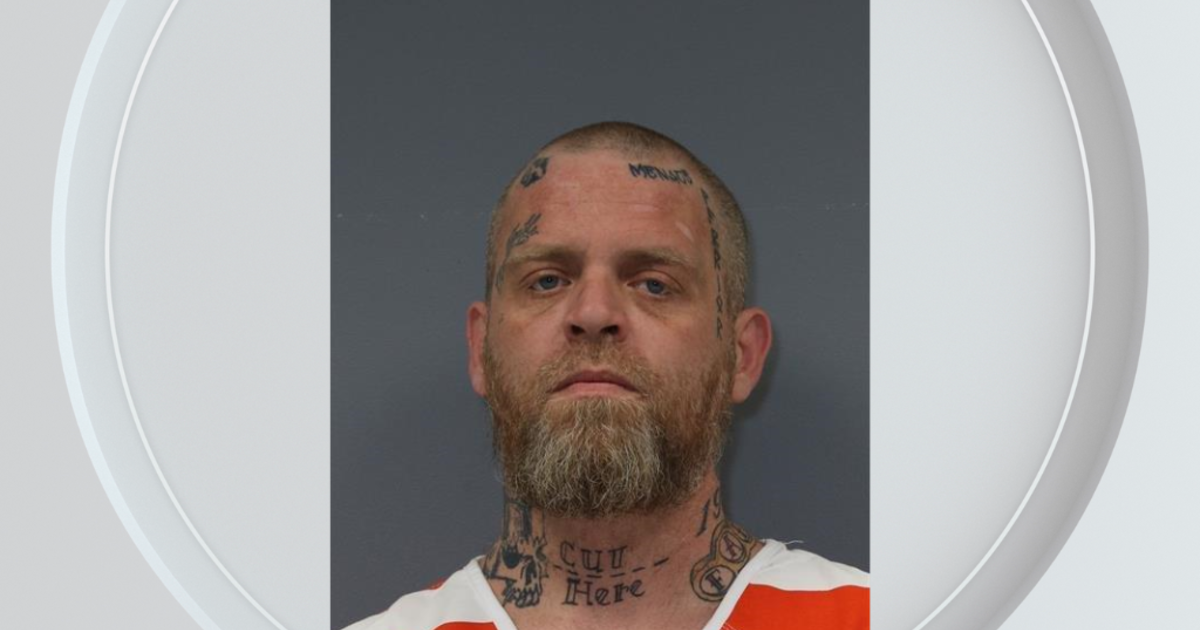Home Invasion Defendant's Journal Read To Jury
NEW HAVEN, Conn. (AP) -- Lawyers for a Connecticut man trying to avoid the death penalty for a fatal home invasion cited the writings of his co-defendant who described how his "dark shadow was let loose" as he beat a doctor and the pleasure he got from terrorizing the man's wife and two daughters.
Steven Hayes' attorneys on Tuesday introduced the words of Joshua Komisarjevsky, who is still awaiting trial, in an attempt to show Komisarjevsky masterminded the 2007 break-in and escalated the violence that led to the killings of Jennifer Hawke-Petit and her daughters, 17-year-old Hayley and 11-year-old Michaela, at their Cheshire home.
Komisarjevsky described the bloody beating of the victims' husband and father, Dr. William Petit, saying he felt the attack let loose "my dark shadow."
"I've been playing Russian roulette most of my life," Komisarjevsky wrote in journals seized from his prison cell and read by a court clerk to jurors. "This time I pulled the trigger and the chamber was loaded."
Komisarjevsky wrote that the deaths of the victims broke "the enchantment" and his "physiological control" over them.
"In life their fear and sorrow was a gift we now shared," he wrote. "My nervana lived in their life their eyes, in their emotional pain."
Komisarjevsky's writings, however, also blame Hayes for escalating the violence by strangling Hawke-Petit. The girls died in a fire that prosecutors say both men set. Prosecutors say both men were equally responsible for the crimes.
Komisarjevsky's writings are full of references to rage and hate as well as his own pain. He denies raping Michaela, but admits molesting her and wrote of his "rapturous control" of the girl.
Komisarjevsky, who said he was abused as a child, asked forgiveness from the victims.
"My anticipated death sentence will be a state sanctioned murder of mercy," he wrote.
A New Haven jury is considering whether to give Hayes the death penalty. Hayes was convicted of the killings two weeks ago.
Komisarjevsky also called Petit a coward for not saving his family.
Petit testified earlier that Komisarjevsky beat him with a baseball bat and tied him up in his basement. He escaped to a neighbor's for help.
Petit said after court he didn't "want to dignify the ravings of a sociopath who appears to be a pathological liar as well."
Earlier Tuesday, the defense lawyers also introduced a letter Komisarjevsky wrote to the author of a book about the crimes. In it, Komisarjevsky described the thrill of breaking into homes as people slept, the same scenario prosecutors say unfolded in the Connecticut case.
Komisarjevsky described how he wore night-vision goggles and would turn off the electricity in houses so that residents would be in the dark and he could see if they awoke. He said he preferred to break in around 1 a.m. when most people are in their third cycle of sleep.
Komisarjevsky said he would wait in the basement of homes, listening as residents walked above him, set their thermostats and burglar alarms and checked to make sure motion lights were on -- "all the rituals of white folks from suburbia" while he was already in the house.
He also said he would memorize the unique sounds of each house, carefully balancing his weight on squeaky stairs, and taking care not to move too quickly. "You walk and move like you belong," he wrote.
He said he sometimes would break into a home, get the keys and leave without a trace. The next day he would return and then simply unlock the front door, he said.
Komisarjevsky also writes of gaining entry through skylights and making escapes through storm drains and claims he was hired by businesses and others to steal everything from kitchen appliances to legal files.
Hayes' attorneys also brought up Komisarjevsky's sentencing in 2002 for a dozen night time house burglaries. Jurors were told that the judge at the time called him a "calculating cold-blooded predator."
(Copyright 2010 by The Associated Press. All Rights Reserved.)
